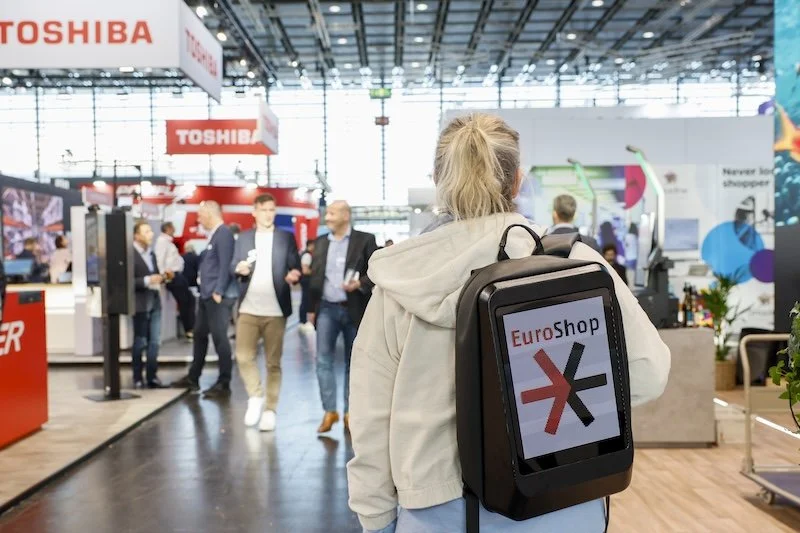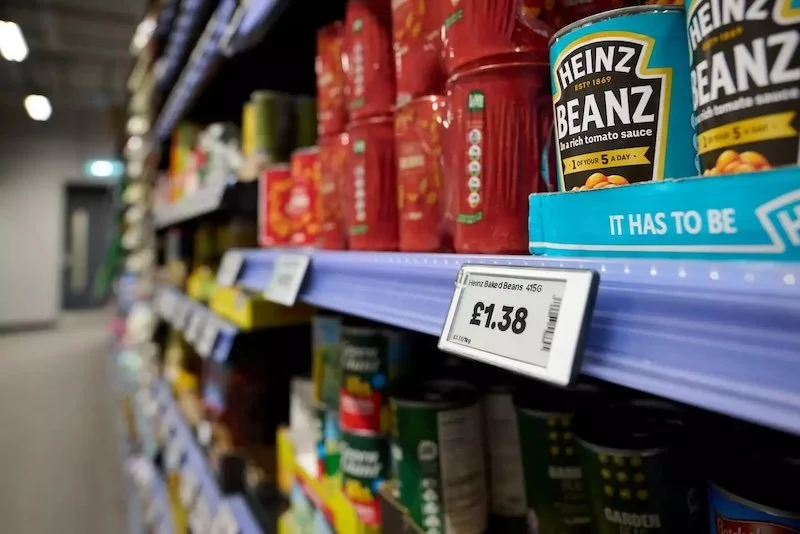Denmark tightens rules on puff bars
Denmark’s ban on puff bars, which contain high nicotine content and sweet flavours, took effect on 1st July 2024. These disposable e-cigarettes, especially popular among youth, are now illegal to import, purchase, or possess. This article looks into the impact of this change, and the ongoing challenges posed by the illegal trade of these devices.
The puff bar problem: Why the ban?
Puff bars have swiftly gained popularity among young people, largely due to their sweet, candy-like flavours. Typically, they have dangerously high nicotine levels, higher than other types of e-cigarettes or vapes, like Elf Bar.
Puff bars are discreet, often masked as harmless, but they pose a serious risk. They have been linked to nicotine addiction, especially in teenagers, which has resulted in growing concerns among. As usage spiked, so did the calls for regulation. Danish lawmakers, recognising the threat to youth, pushed forward a legislative agenda aimed at curbing access.
The details of the ban
Denmark’s new law targeting puff bars makes it illegal to import, purchase, or possess e-cigarettes if they contain sweet flavors or exceed legal nicotine limits. However, there are some exceptions - one may still carry up to 10 puff bars for personal use, provided they are brought in as part of travel goods.
The law aims to balance strict regulation with the prevention of unnecessary criminalisation of private citizens. Enforcement has been a key focus, with the Danish Safety Technology Authority (Sikkerhedsstyrelsen) empowered to seize illegal puff bars and enforce the law without police intervention.

Impact on illegal sales and enforcement
The ban on puff bars has significantly disrupted the underground market in Denmark, but the battle is far from over. Despite the legislation, illegal imports persist, as smugglers find new ways to circumvent the law. The Danish authorities have however responded with robust enforcement strategies.
One key measure is the use of young undercover buyers, to identify retailers willing to sell to minors. These stings have resulted in hefty fines. The government has also increased scrutiny at border checkpoints, to prevent large-scale illegal shipments from entering the country.
Though initial results are promising, the illicit market remains a challenge. Puff bars are easy to conceal and highly addictive, and therefore continue to attract young users. It’s clear that the crackdown must intensify if the law is to have its full impact.
Public reaction
There have been mixed reactions to the ban, across Denmark.
Many parents and schools have welcomed the tighter regulations, as a necessary step to protect the younger generation from nicotine addiction. Schools have reported a noticeable decrease in puff bar usage among students, though concerns remain about access through illegal channels.
Retailers, on the other hand, have faced both logistical and financial challenges as they adapt to the new regulations. Many have implemented stricter age verification systems, particularly online, to comply with the law.
In the near future, the Danish government is expected to introduce further measures, such as more rigorous digital age checks and tougher penalties for offenders. The fight is ongoing, as illegal sales continue to present a problem.
Sustained enforcement, alongside targeted public awareness campaigns, will be essential in the country’s continuous efforts to protect its citizens, in particular its youth.






























Continue reading…